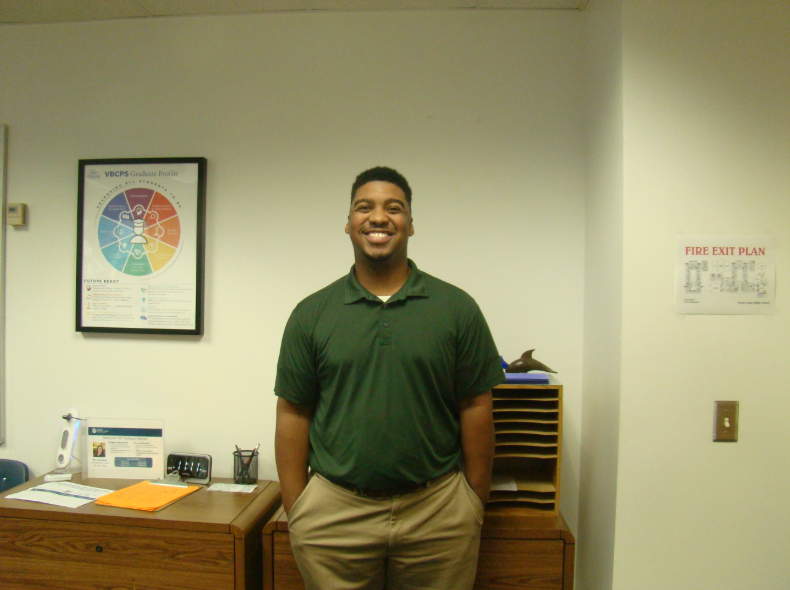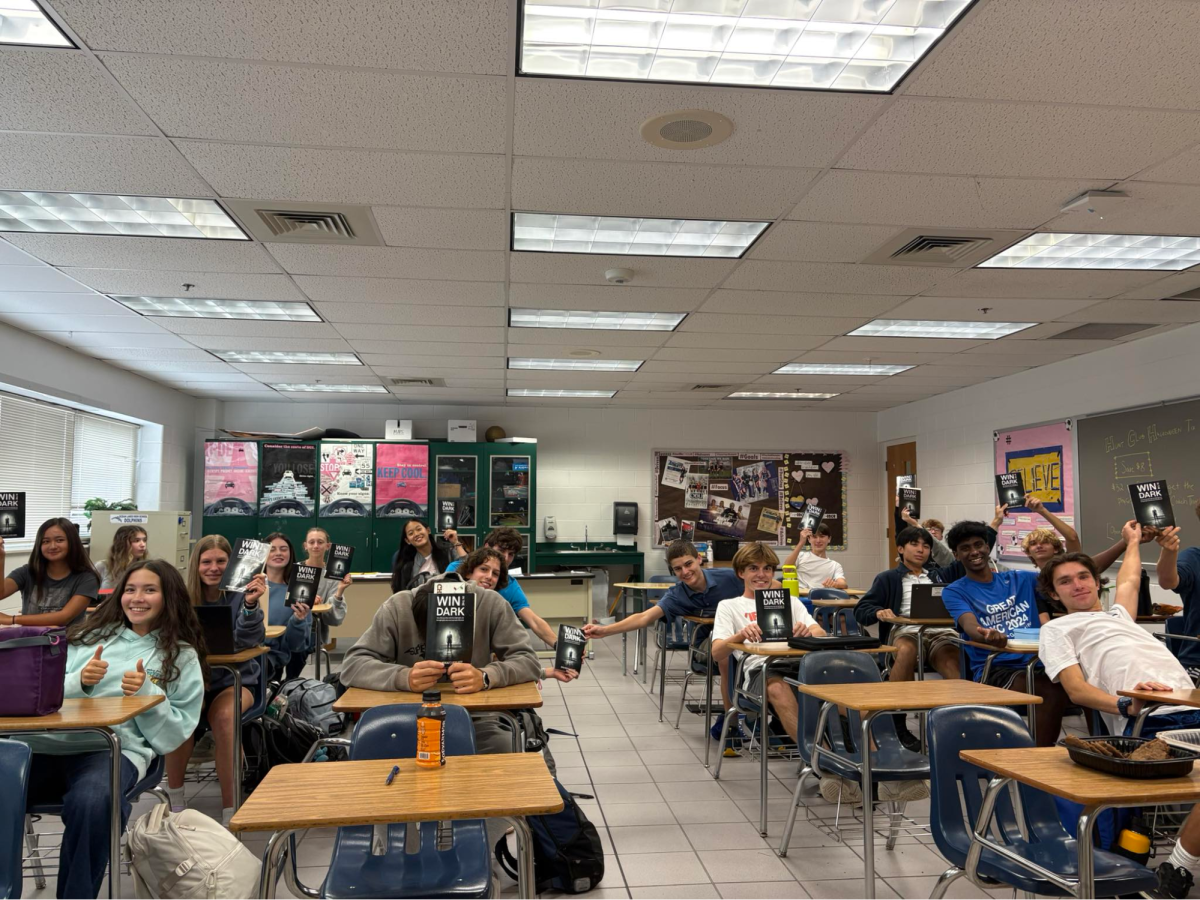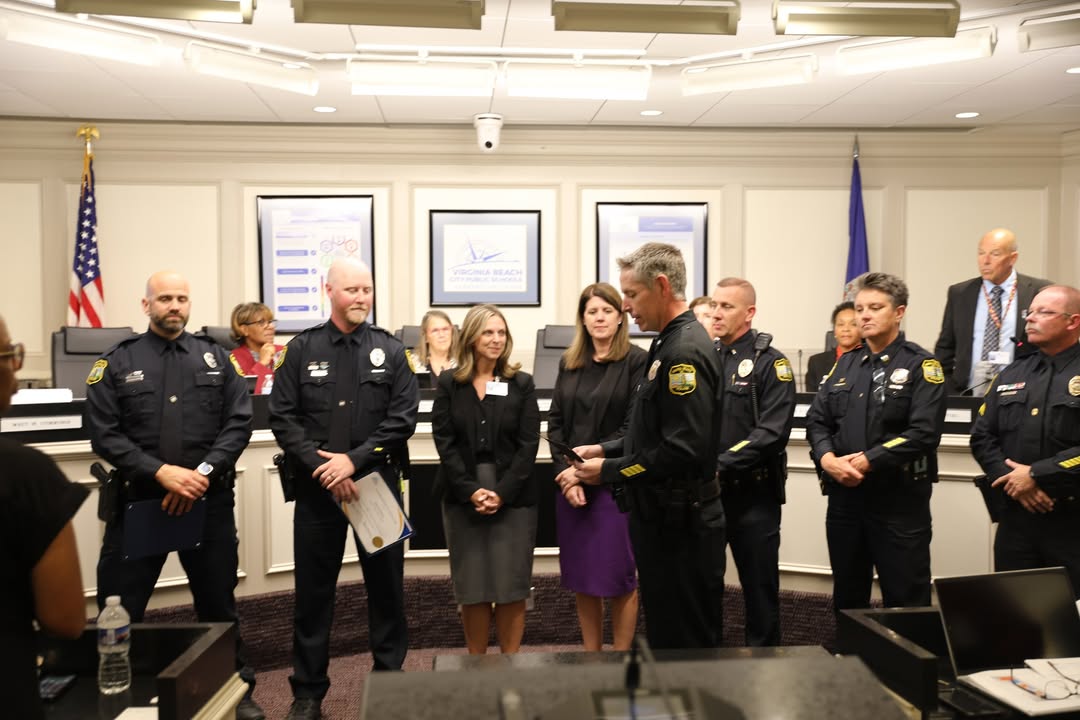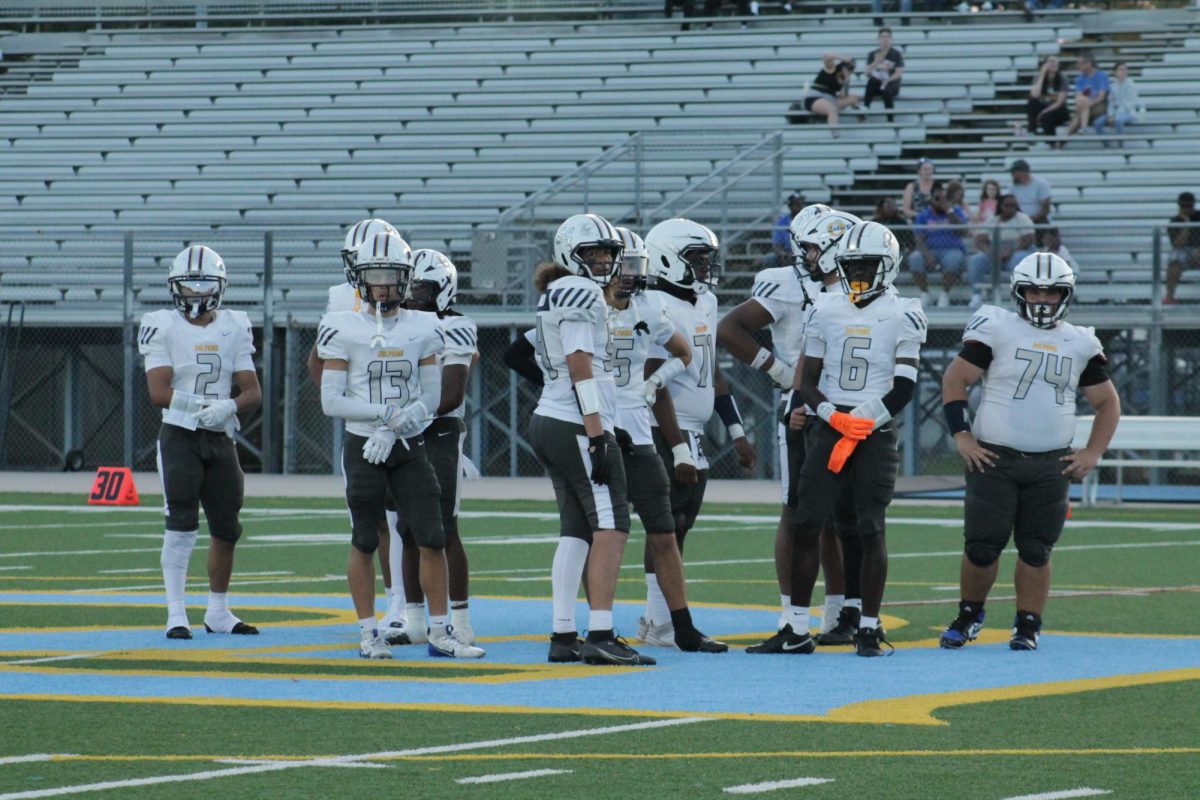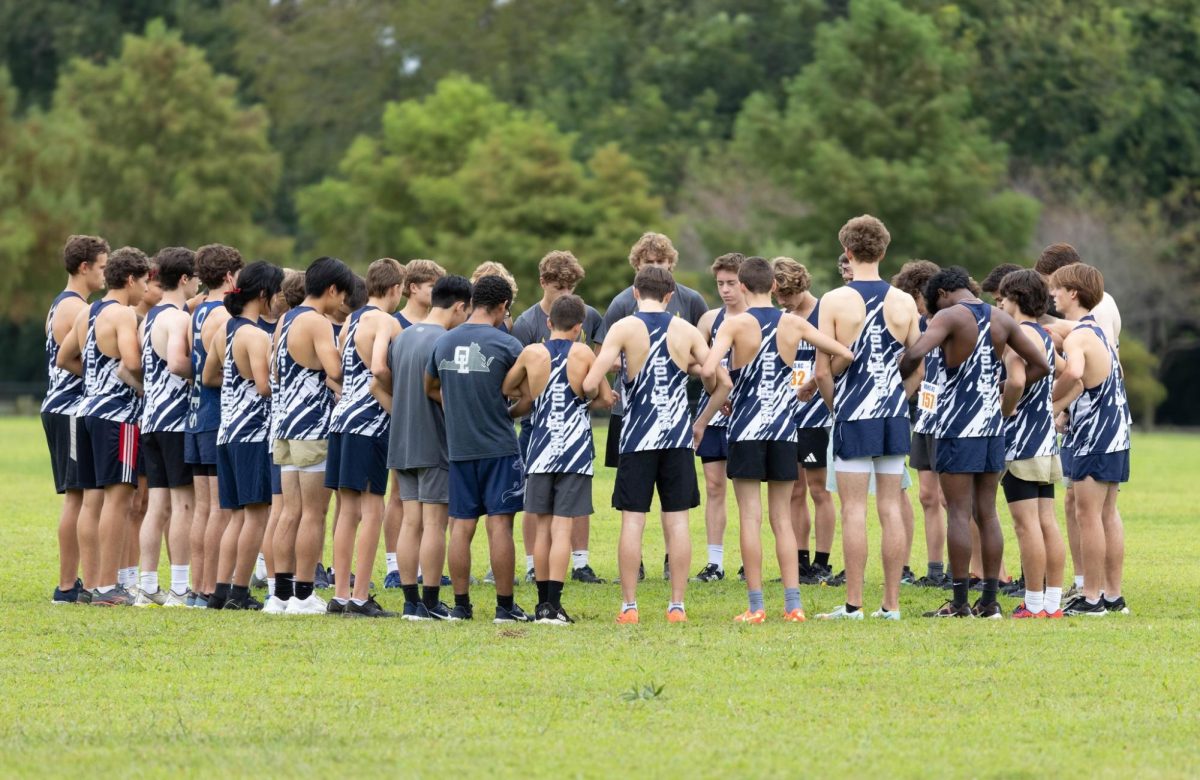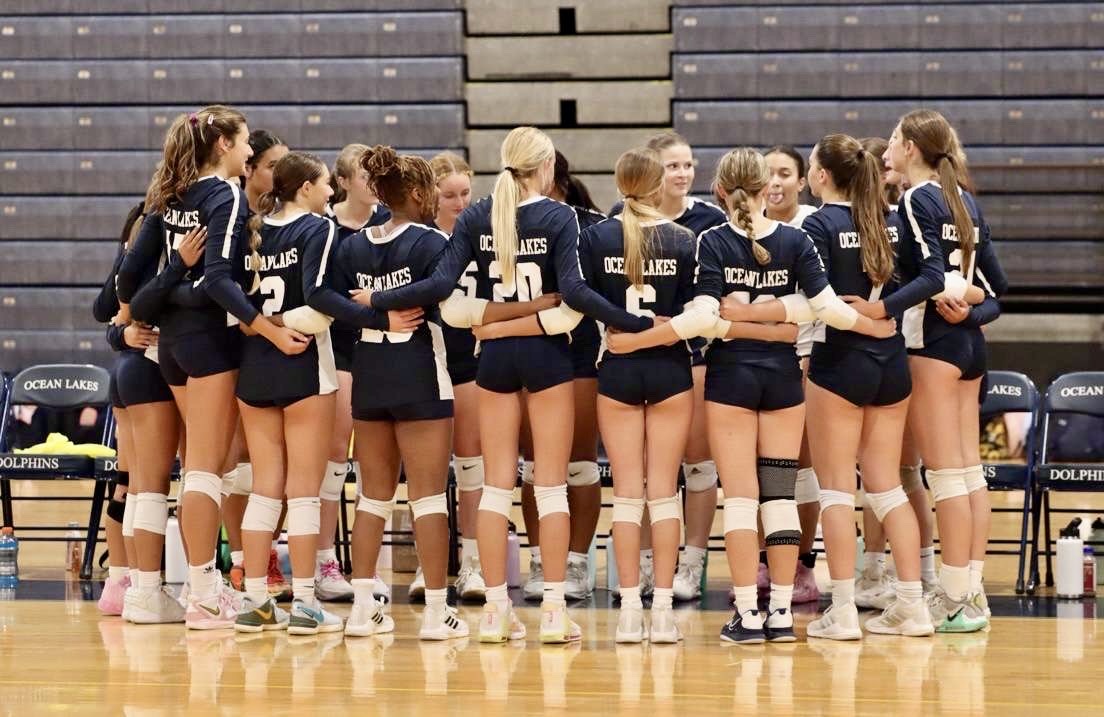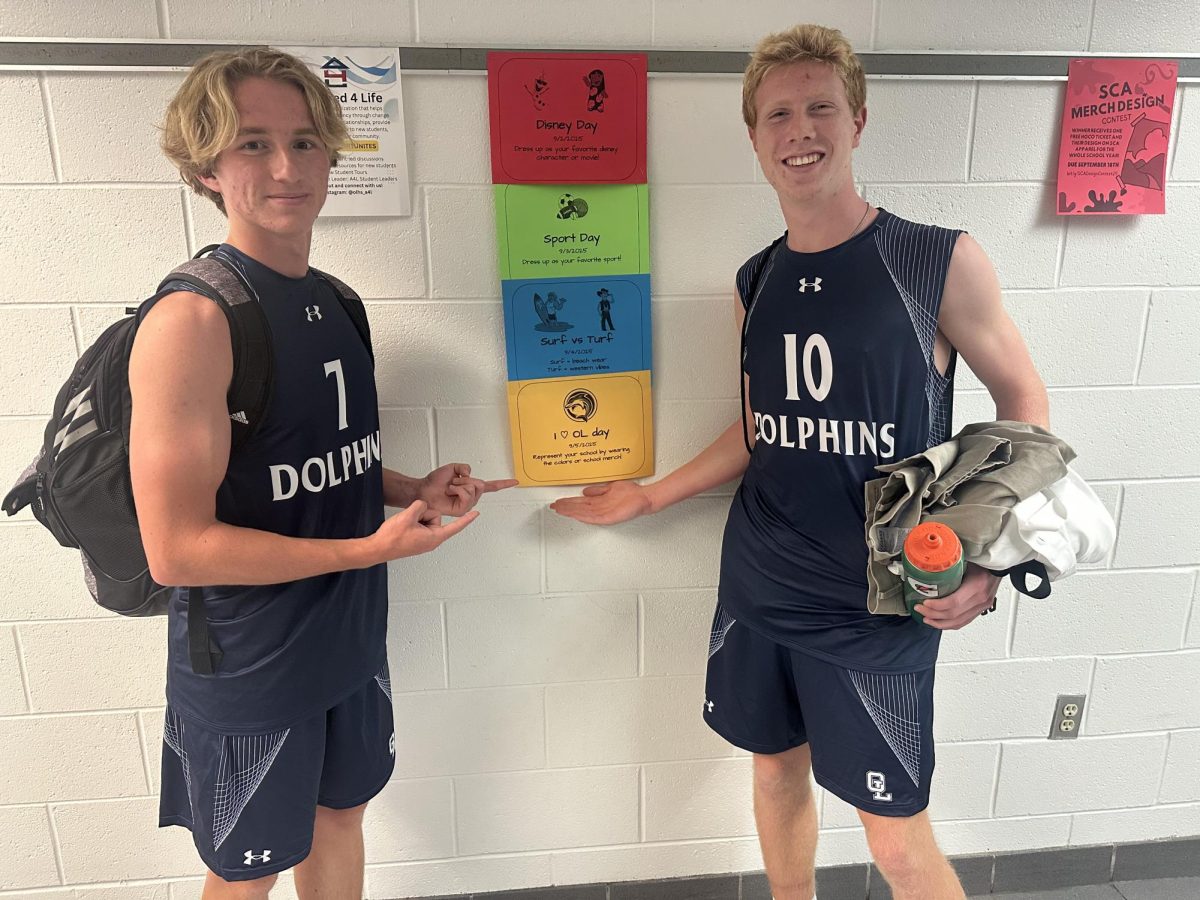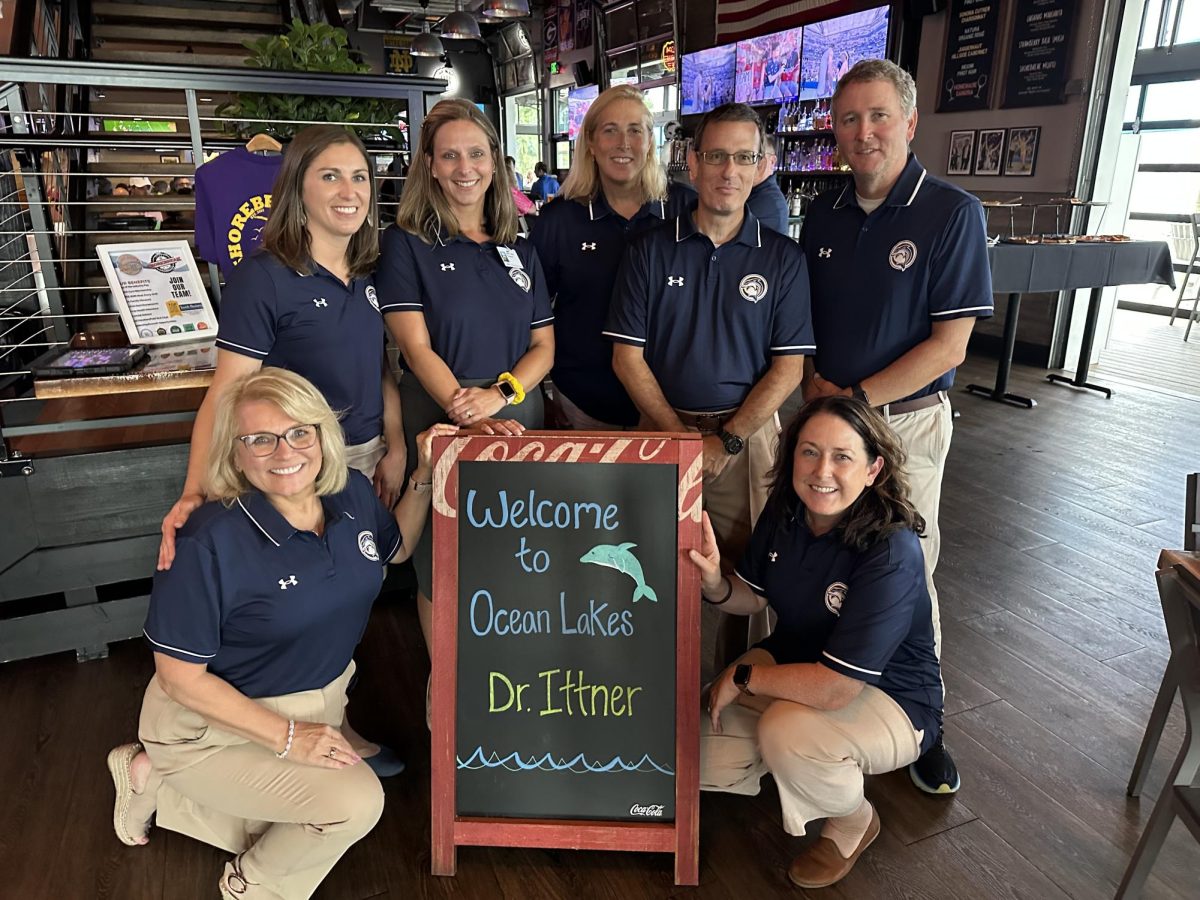
“Playing softball has taken a toll on my arm; I constantly have arm and shoulder injuries,” junior softball player Desiraye Taylor said. “Taking time away from [softball] made me more anxious than ever. I always felt left out and like I could not prove that I still had the same athletic abilities.”
Athletes accept the risk of injury every time they take to the court, track or field.
However, many remain unaware of the mental strain that often goes hand in hand with physical injury.
Typical emotional responses to injury can include sadness, anger, lack of motivation and isolation, according to the NCAA.
However, an athlete’s reaction to injury depends on multiple factors.
“Athletes normally get an initial wave of frustration when they find out they have an injury,” sophomore athletic trainer Monae Thomas said. “Half the time there’s nothing they could have done to prevent it.”
While some injuries may only take weeks to recover from, others can take months to years and may require surgery or physical therapy. Substantial recovery time is often a demotivating factor, and many athletes no longer put in the necessary effort for full recovery.
The severity of different injuries, recovery time and treatment range greatly; so do emotional responses.
“For some people, being away from the sport could be a much-needed mental and physical break. Some may not have any feelings either way. Still others may have deep feelings of sadness, and at times enter into depressive states,” psychology teacher Mark Moore said.
A big hurdle for injured athletes often comes with return to play. Studies have shown that athletes with excessive anxiety surrounding reinjury are 13 times more likely to suffer a second injury, according to the Boston Children’s Hospital.
Additionally, many athletes feel as though they will not be able to perform at the same level that they did before their injury.
“My confidence changed more than ever. I constantly questioned if I was good enough or if I should even keep playing anymore,” Desiraye said.
Athletes and those who support them should be more aware of the mental health issues that often come with physical injuries.
“The hardest part of overcoming my injury wasn’t the physical standpoint, but the mental. It was hard to understand that I can play the sport I love without injuring myself again,” Desiraye said.



